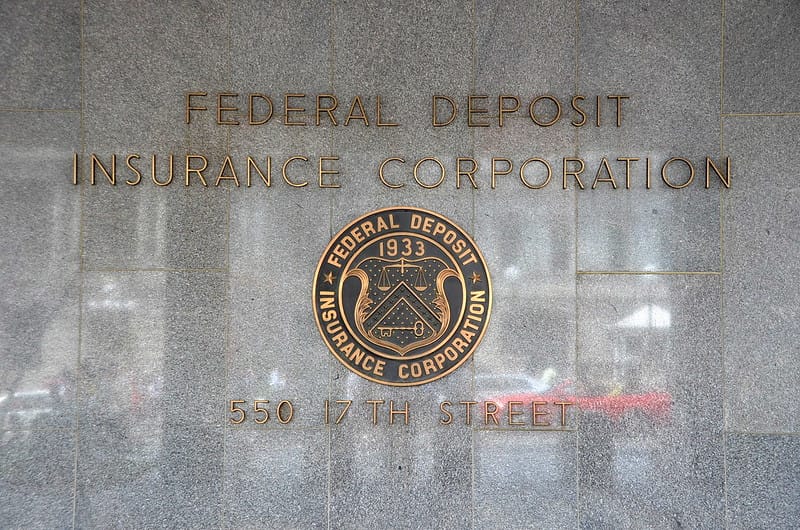Crypto Regulators Depart Amid Policy Shifts

The U.S. crypto regulatory space is undergoing a seismic shift as top officials at key federal agencies step down, heralding a potential recalibration of policies under a pro-crypto administration.
The resignations of Federal Reserve Vice Chair Michael Barr and CFTC Chair Rostin Behnam, both announced yesterday, mark the end of an era defined by stringent oversight and frequent clashes with the digital asset industry.
Barr, the Federal Reserve’s Vice Chair for Supervision, announced he will step down from his role on February 28. While he will remain a member of the Federal Reserve Board of Governors, his departure signals a possible easing of regulatory pressure on the crypto sector.
Barr, a key advocate for imposing "appropriate guardrails" on the industry, has been criticized for his perceived role in discouraging banks from engaging with crypto firms.

Barr’s resignation follows a period of heightened tensions between federal regulators and the crypto industry. Several major exchanges and startups have accused federal agencies of applying undue pressure on financial institutions to sever ties with digital asset firms, an allegation Barr and others have denied.
CFTC Chair Behnam, who championed a more active regulatory role for his agency in the crypto space, announced his resignation effective January 20. Under Behnam’s tenure, the CFTC secured significant enforcement actions, including a $4.3 billion settlement with Binance, and advocated for becoming the primary regulator of Bitcoin and other cryptocurrencies.
Behnam’s departure comes amid growing frustration over regulatory ambiguity, leaving a substantial portion of the U.S. crypto market unregulated. In his farewell remarks, Behnam emphasized the urgent need for comprehensive frameworks to define permissible activities in the rapidly evolving digital asset market.
Potential successors to Behnam include Brian Quintenz, a former CFTC commissioner well-versed in crypto markets. Whoever takes the reins will face the dual challenges of closing regulatory gaps and fostering innovation in the sector.
Gensler’s Exit and Political Overtones

The shift began late last year with SEC Chair Gary Gensler’s decision to resign, followed by the Senate Banking Committee’s stalled reappointment of SEC Commissioner Caroline Crenshaw.
Gensler’s tenure was marked by aggressive enforcement actions, including lawsuits against Ripple and Coinbase, but critics argue his approach stifled innovation and drove crypto businesses offshore.
With the inauguration of pro-crypto President-elect Donald Trump just weeks away, the regulatory landscape appears poised for a dramatic pivot. Industry leaders hope the new administration will adopt a more balanced approach that fosters innovation while ensuring market integrity.

